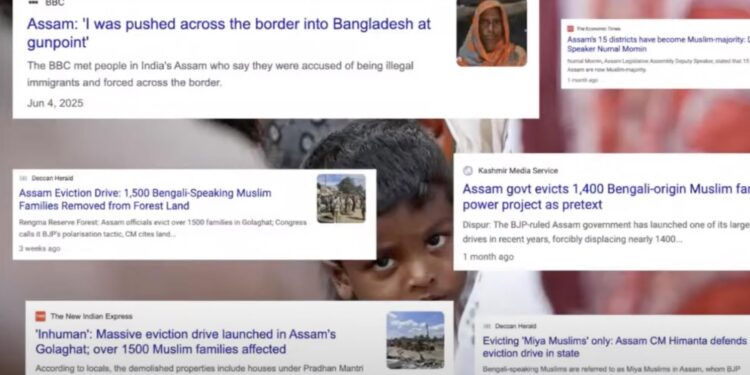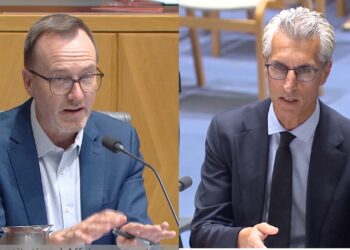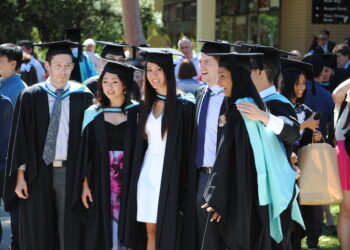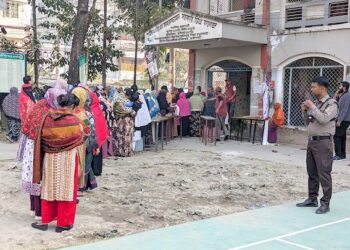WASHINGTON DC – A coalition of international civil and human rights organisations has convened a virtual US Congressional Briefing, levelling grave allegations of state-sponsored voter suppression and the targeted persecution of minority communities in India.
The briefing, titled ‘India’s Democratic Crisis: Forced Mass Evictions of Muslims in Assam, Millions Denied Votes in Bihar’, was held on Wednesday and featured testimony from Indian opposition leaders and legal experts. It detailed a pattern of actions described as a systematic assault on India’s democratic foundations.
Organisations including the Indian American Muslim Council, Hindus for Human Rights, and The Humanism Project (Australia) sponsored the event, aiming to mobilise international policy attention.
The briefing focused on two critical issues: a controversial voter re-registration drive in Bihar and a campaign of forced evictions and deportations in Assam, both allegedly targeting communities perceived as opponents of the ruling Bharatiya Janata Party (BJP).
‘Organised Deletion’ of Voters in Bihar
Indian National Congress spokesperson, Pawan Khera, presented a detailed accusation against the Election Commission of India (ECI), claiming it was acting in “collusion with the ruling BJP” to manipulate electoral rolls.
He outlined how a sudden directive in July mandated 80 million voters in Bihar—India’s poorest state—to re-register within one month or risk being labelled “suspected foreign nationals” and stripped of their voting rights. Mr Khera alleged this “Summary Revision of Rolls” (SIR) has already led to 6.5 million voters being deleted from the lists.
“What was being done at a very ad hoc level… is now being done in a very organised manner. What was illegal until a month ago is being legalised by the Election Commission of India,” Mr Khera stated.
He argued the deletions were highly selective, focusing on booths with a historical tilt against the BJP, and disproportionately affected Muslims, backward castes, and Dalits. He warned that disenfranchisement cascades into a loss of access to government benefits, pensions, and housing, ultimately jeopardising legal identity and citizenship itself.
‘Forcible Throwback’ of Citizens in Assam
Senior Supreme Court Advocate Sanjay Hegde addressed the situation in Assam, describing a government campaign of forced evictions and “disturbing and unlawful deportations” targeting Bengali-speaking Muslims.
Mr Hegde detailed how thousands of homes have been bulldozed in recent weeks, accompanied by hate speech rallies where Muslims are labelled “infiltrators”. He characterised the practice of pushing individuals declared “foreign” by tribunals across the border into Bangladesh as illegal “forcible throwback”.
“It’s almost as if human garbage is being dumped over the neighbor’s wall,” Mr Hegde said. He explained that many affected are poor, undocumented, and unable to prove their citizenship through a paper trail, yet Bangladesh does not accept them as its citizens.
He emphasised that policies relying on religion and language as grounds for citizenship denial have created a climate where a community is “routinely perceived as foreigners” despite having lived in India for generations.
International Parallels and Appeal
Ria Chakrabarty, from Hindus for Human Rights, drew parallels between the tactics in India and voter suppression efforts in the United States, specifically citing strict voter ID laws in states like Texas.
“Altogether, the futures of Indian and American democracy are intertwined. And that begins by protecting India’s minorities from becoming stateless,” she argued.
Mr Hegde appealed to US lawmakers, noting the two nations’ “shared aspirational democracy”. He suggested that backsliding into authoritarianism in the world’s largest democracy would have a profound global impact.
In response to an audience question on how Indians can maintain faith, Mr Khera pointed to a strong opposition fighting for rights, while Mr Hegde quoted poetry: “Say not the struggle not availeth.”
The convening bodies pledged continued vigilance and international advocacy to hold accountable those responsible and safeguard democratic norms in India.











